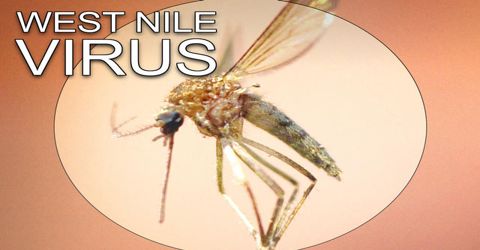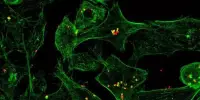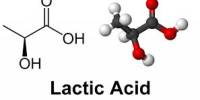West Nile Virus (WNV) is a virus that’s found in numerous countries around the world and spread by mosquitoes.
Most cases of WNV are not severe and many people have no symptoms or only mild flu-like symptoms, such as headaches, muscle aches and a high temperature (fever). If West Nile virus enters the brain, though, it can be life-threatening. It may cause inflammation of the brain, called encephalitis, or inflammation of the tissue that ambiance the brain and spinal cord, called meningitis.
Serious harms happen in fewer than 1 in 100 people infected with the virus, but can include infection of the brain (encephalitis), spinal cord, and tissues surrounding the brain and spinal cord (meningitis), which can be fatal. Signs of a severe infection can include muscle weakness, disorientation, seizures (fits) and loss of awareness.
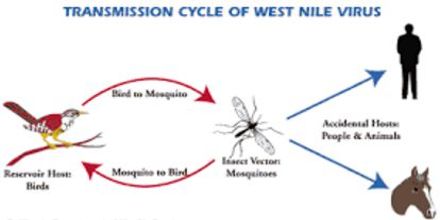
Signs and symptoms
Infection with West Nile virus is moreover asymptomatic (no symptoms) in around 75% of infected people, or can lead to West Nile fever or severe West Nile disease. About 20% of people who become infected with WNV will grow West Nile fever. Symptoms include fever, headache, tiredness, and body aches, nausea, vomiting, intermittently with a skin rash (on the trunk of the body) and swollen lymph glands.
The symptoms of severe disease include headache, high fever, neck stiffness, stupor, disorientation, coma, tremors, convulsions, muscle weakness, and paralysis. It is anticipated that approximately 1 in 150 persons infected with the West Nile virus will grow a more severe form of disease. Serious illness can happen in people of every age; however people over the age of 50 and some immunocompromised persons (for example, transplant patients) are at the maximum risk for getting strictly ill when infected with WNV.
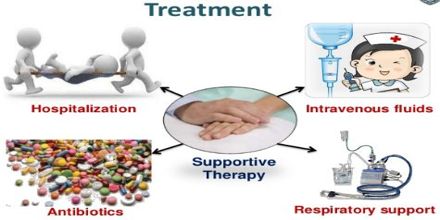
Diagnosis and treatment
West Nile virus can typically be diagnosed with a blood test. If meningitis is assumed, a sample of cerebrospinal fluid (the fluid surrounding your brain and spinal cord) will be removed during a lumbar puncture and tested.
There is no particular treatment for the infection. If your symptoms are mild, they will regularly get better without treatment in a few days and you won’t usually experience any long-term side effects. If your symptoms are more severe, you will need to go to hospital. Treatment may include intravenous fluids (given through a drip in your arm), medication to control seizures, and help with breathing.
Even with treatment, severe WNV can lead to long-term problems such as fatigue (extreme tiredness), muscle weakness and memory troubles.
Preventing West Nile virus
As there is no definite treatment or vaccine for WNV, it’s preeminent to avoid being bitten by mosquitoes when visiting affected areas. The mosquitoes that carry WNV are most vigorous around dusk and dawn.
You should follow the advice below while you are away:
- Wear loose-fitting, long-sleeved tops and long trousers that cover up your skin as much as possible.
- Use an insect repellent on exposed skin, taking care to avoid your eyes. Repellents containing 50% diethyltoluamide are thought to be the most effective.
- Insect-proof screens on windows and doors and mosquito nets impregnated with insecticide over the bed will reduce mosquito bites inside. Air conditioning in the room may also help.
- Avoid areas where there are likely to be large numbers of mosquitoes, such as near stagnant pools of water.
